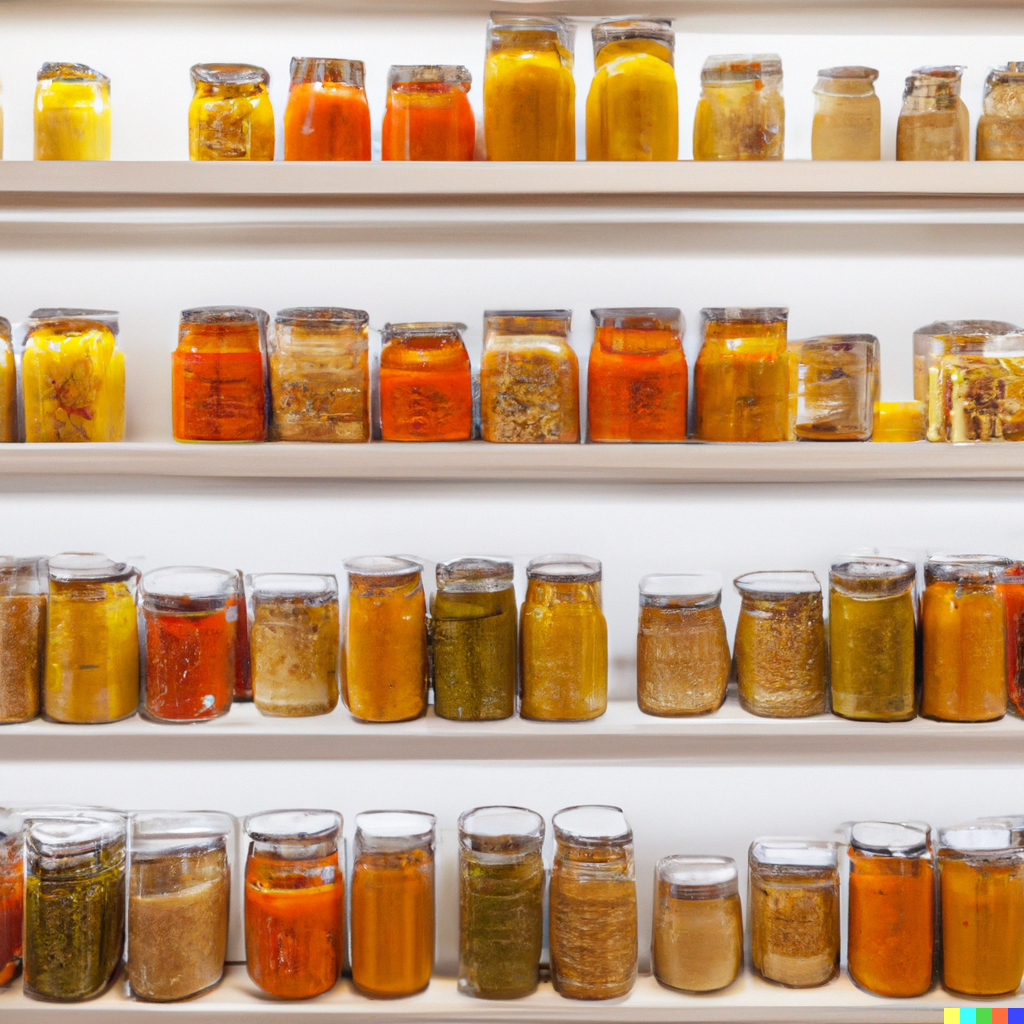Reducing food waste not only benefits the environment but also saves money and encourages creative, resourceful cooking. Here are some practical tips to help you minimize waste in your kitchen.
1. Plan Your Meals
- Create a Weekly Meal Plan: Design a menu for the week, taking into account the ingredients you already have.
- Make a Shopping List: Stick to a list based on your meal plan to avoid impulse purchases.
- Buy Smaller Quantities: If you’re unsure about how much of something you’ll need, buy in smaller portions.
2. Store Food Properly
- Use Clear Containers: Store leftovers in clear containers so you can easily see what you have.
- Label and Date: Label leftovers and perishable foods with dates to track their shelf life.
- Organize Your Fridge: Keep older items at the front and newer ones at the back (first in, first out method).
- Freeze Excess Food: Freeze perishable items like bread, herbs, and meat before they spoil.
3. Use Every Part of the Ingredient
- Vegetable Scraps: Save vegetable peels and ends to make homemade stock.
- Meat Bones: Use bones for broths or soups.
- Fruit Peels: Citrus peels can be zested, candied, or infused into water.
- Leafy Greens: Don’t discard stems or leaves; they can be added to smoothies, soups, or sautés.
4. Creative Cooking with Leftovers
- Leftover Night: Dedicate one night a week to eating leftovers.
- Repurpose Ingredients: Turn stale bread into croutons or breadcrumbs. Use overripe bananas for smoothies or banana bread.
- Soup, Stir-Fry, or Casserole: Mix leftover veggies and proteins into soups, stir-fries, or casseroles.
5. Monitor Portions and Cook Smart
- Cook Smaller Portions: Start with smaller portions to prevent uneaten food.
- Save Extra Portions: Freeze or refrigerate extras for quick meals later.
- Batch Cooking: Cook in bulk and freeze portions to reduce waste from single-meal cooking.
6. Understand Expiry Dates
- ”Best Before” vs. ”Use By”: Understand that ”best before” dates indicate quality, not safety. Many items are still good to eat after this date.
- Trust Your Senses: Smell, taste, and look at the food to judge if it’s still edible.
7. Compost Food Scraps
- Start Composting: Compost fruit and vegetable scraps, coffee grounds, and eggshells to enrich your garden soil.
8. Be Mindful of Portions When Dining Out
- Order Smaller Sizes: Choose smaller portions at restaurants if you’re not very hungry.
- Bring Leftovers Home: Ask for a container to take home leftovers for another meal.
9. Educate and Involve the Whole Household
- Involve Kids: Teach children about food waste and involve them in meal planning.
- Share with Neighbors: If you have excess food, share with friends, family, or neighbors.
10. Get Creative with Preserving
- Pickling and Fermenting: Pickle excess vegetables or ferment them to extend shelf life.
- Jam and Jelly: Use surplus fruits to make jams or jellies.
By implementing these strategies, you can reduce food waste, contribute to sustainability, and enjoy more efficient and innovative cooking practices.
